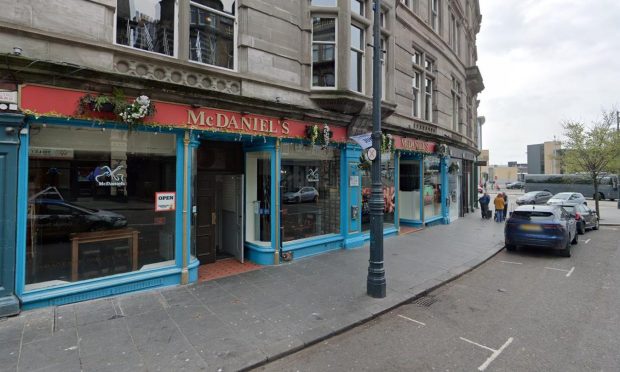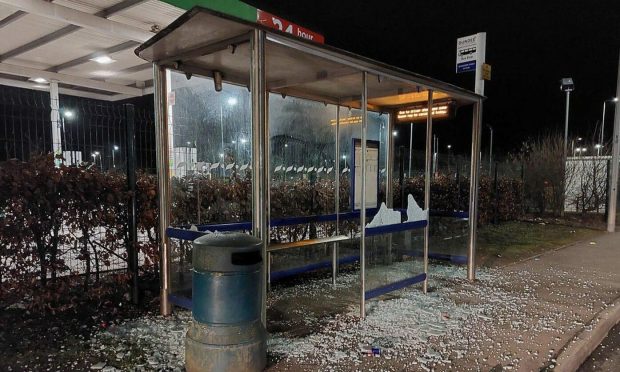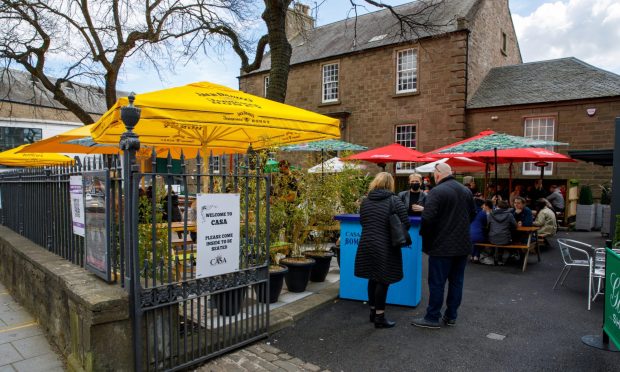A police investigation is under way after cybercriminals tried to hold one of Scotland’s top colleges to ransom.
Students at Dundee and Angus College were sent home for three days after a “particularly violent” strain of computer virus infected the college’s IT systems late on Thursday, January 30.
College principal Grant Ritchie said the perpetrators wanted money in return for releasing encrypted computer files. He said the police are investigating.
He said: “The idea of paying a ransom, or paying any money, is a non-starter for us. It’s just not going to happen.”
Mr Ritchie said the computer virus is believed to be the same kind used in recent attacks on dozens of businesses and organisations in Scotland.
Student course work and teaching materials saved on shared drives has been lost and the full extent of the damage will not be known for several weeks.
He said: “This particularly violent virus had come in and encrypted a lot of our files and had got to some of our back-up files.
“Unfortunately, some of the files that have been encrypted that we can’t get at include a lot of personal material on shared drives and a lot of student material.”
He said some students “will have kept a considerable amount of their work on a shared drive.”
“If that’s gone then we need to deal with that. We need to go through this student-by-student.”
He said core services, such as finance and student services, are back online. Work saved on cloud-based services, files attached to emails or on some college systems, should also be retrievable.
IT staff were drafted from Dundee University to help.
His team has also been working closely the Scottish Qualifications Authority to protect students.
“One thing that is absolutely certain is they will not be disadvantaged.
“SQA have been through this sort of situation before. Glasgow School of Art burned down and students still got their degrees so we will sort through the work students have done and make sure they get credited for that.”
The cybercriminals were probably working from overseas and using a “large scale phishing”virus purchased on the dark web – an area of the internet where it is easier to conceal identity.
“They’ll be someone, somewhere using this virus to test out loads of different organisations at the same time.
“We know from talking to police and others there are dozens of organisations in Scotland that have been hit by this virus at this time.”
He said he was not aware of any other education institutions to have fallen victim but the large number of people with access to IT systems at colleges and universities made them vulnerable.
“Often it’s small businesses that are targeted. The viruses are created and franchised on the dark web. Criminal gangs all over the world will buy the viruses and go ahead and use them.
“They hope you will pay them money to release your systems. The police are dealing with all of that.
“That’s how they are making money and the amount of cyber-crime of that nature is growing and growing.”
A Police Scotland spokesman said they were aware of the complaint and enquiries were continuing.











